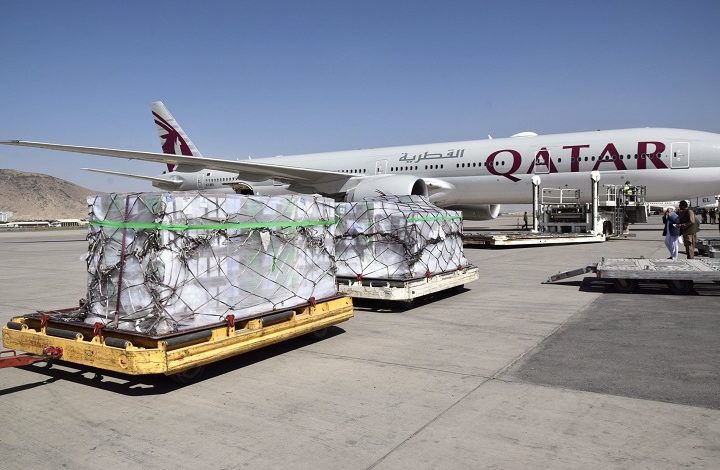RASC News Agency: In its June report, the World Health Organization (WHO) stated that between May 10 and June 30, 2024, it provided healthcare services to 589,205 individuals, including those affected by floods and other natural disasters. The organization reported that in Baghlan province alone, 95,991 people received healthcare services, while 31,071 in Badakhshan, 22,448 in Ghor, 26,876 in Takhar, and 9,447 in Faryab also benefited from these services.
The WHO detailed that these services were delivered through 763 healthcare centers across 287 districts in the country. In Baghlan province, 37,342 women, 20,752 men, 22,726 girls, and 15,171 boys received healthcare services. Additionally, the WHO provided a breakdown of the services delivered: 60,305 people received primary healthcare consultations, 26,966 benefited from health promotion activities, 4,505 received psychosocial support and psychotherapy, 3,690 were provided with maternal, newborn, and child health services, and 525 received trauma care.
The organization also reported that from November 1, 2023, to June 30, 2024, healthcare services were provided to 549,154 returnees from neighboring countries. The WHO noted that since February 2020, there have been 239,009 reported cases of COVID-19 in Afghanistan, resulting in 8,010 deaths, indicating a mortality rate of 3.4%. In June 2024, the WHO identified 6,390 suspected cases of measles, which resulted in 21 fatalities. This represents a 5.9% decrease in the number of measles cases compared to the previous month.
The report also highlighted that, so far this year, a total of 35,021 people have been diagnosed with measles, resulting in 147 deaths.






